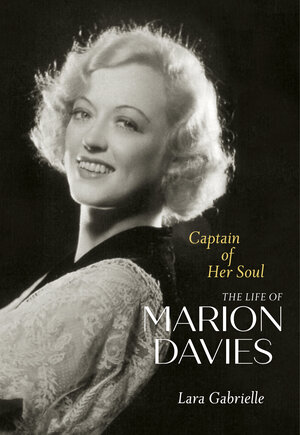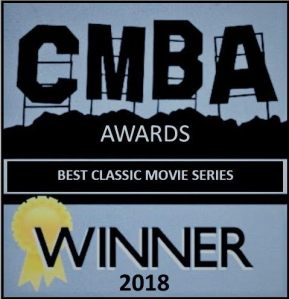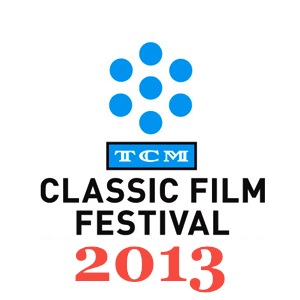
As part of TCM’s tribute to chemistry and physics in film, A BEAUTIFUL MIND (2001) will play on the network tonight. The choice has sparked mixed reactions among fans of TCM on social media today.
In the past 3 years of this blog’s existence, I have spent considerable time discussing the meaning of the term “classic film.” It is a vague description, one that means different things to different people and which tends to polarize those who are loyal to their own particular definition. In this age of social media, I have seen countless debates on the subject on Twitter and Facebook, conversations that get especially heated when TCM decides to show a film that was made relatively recently.
Fans of old films have cause to be wary of TCM turning its back on this programming. The channel AMC, which is now famous for its original content (Mad Men, Breaking Bad) used to be very much like TCM, airing black and white films from the 1930s through the 1960s without commercial interruption, punctuated by its own original educational programming about film history and culture. But in 2002, AMC decided that the cable subsidies they were receiving were not enough to keep the channel going, and began to allow advertising which changed their programming focus to a general one in order to keep sponsors happy.
Though I personally do not worry about TCM shifting its focus (I direct you to the popularity of the TCM Classic Film Festival and the TCM Classic Cruise, a testament to how popular their programming is), I have noticed that they seem to be thinking outside the box with their definition of “classic film,” which is upsetting some viewers who have a very clear concept of what a classic film should look like. Tonight, they are showing A Beautiful Mind, the 2001 Best Picture winner that tells the story of mathematician John Nash and his struggle with schizophrenia. TCM’s Facebook page was alight this morning with a debate on whether or not this is a classic film, questions as to why the network was showing it and counter-attacks questioning whether TCM should even be questioned about their programming.
As I’ve stated before, my own personal definition of a classic movie when I am asked about it is a movie made more or less between the confines of 1916 (when filmmakers were really starting to “get” moviemaking in my opinion) and the fall of the production code in 1968–with several exceptions to that rule allowing for great and culturally significant movies pre-1916 (such as “A Trip To the Moon” and The Great Train Robbery) and post-1968 (such as Cabaret and Amadeus). I would also say that not every movie made between that time period can be considered a classic, but specifying a specific time period helps to get around some of the vagueness and muck that comes along with trying to make a clear-cut definition of anything.
A scene from Amadeus (1984), a movie I consider to be a classic because of the positive cultural significance and lasting influence it has enjoyed.
A Beautiful Mind is a fantastic movie, no question about it. Phillip Glass’ haunting, almost mystical score along with Oscar-winning performances by Russell Crowe and Jennifer Connelly make this movie perhaps one of the technical best of the past 15 years. Would I call it a classic? According to my own personal definition, no. It has not marinated in our culture long enough for us to see if it stands the test of time, and though it won several awards upon its release it has not proven to be culturally pervasive enough to warrant an exception to the rule.
However, I am open to discussion on this. What is your personal definition of a classic film? Would you consider A Beautiful Mind to be a classic, and worthy of a spot in TCM’s primetime lineup? I look forward to hearing from you in the comments section, and I will also pose this question to my readers on the Backlot Commissary group on Facebook. Feel free to join the discussion here or there!



























_03.jpg)

